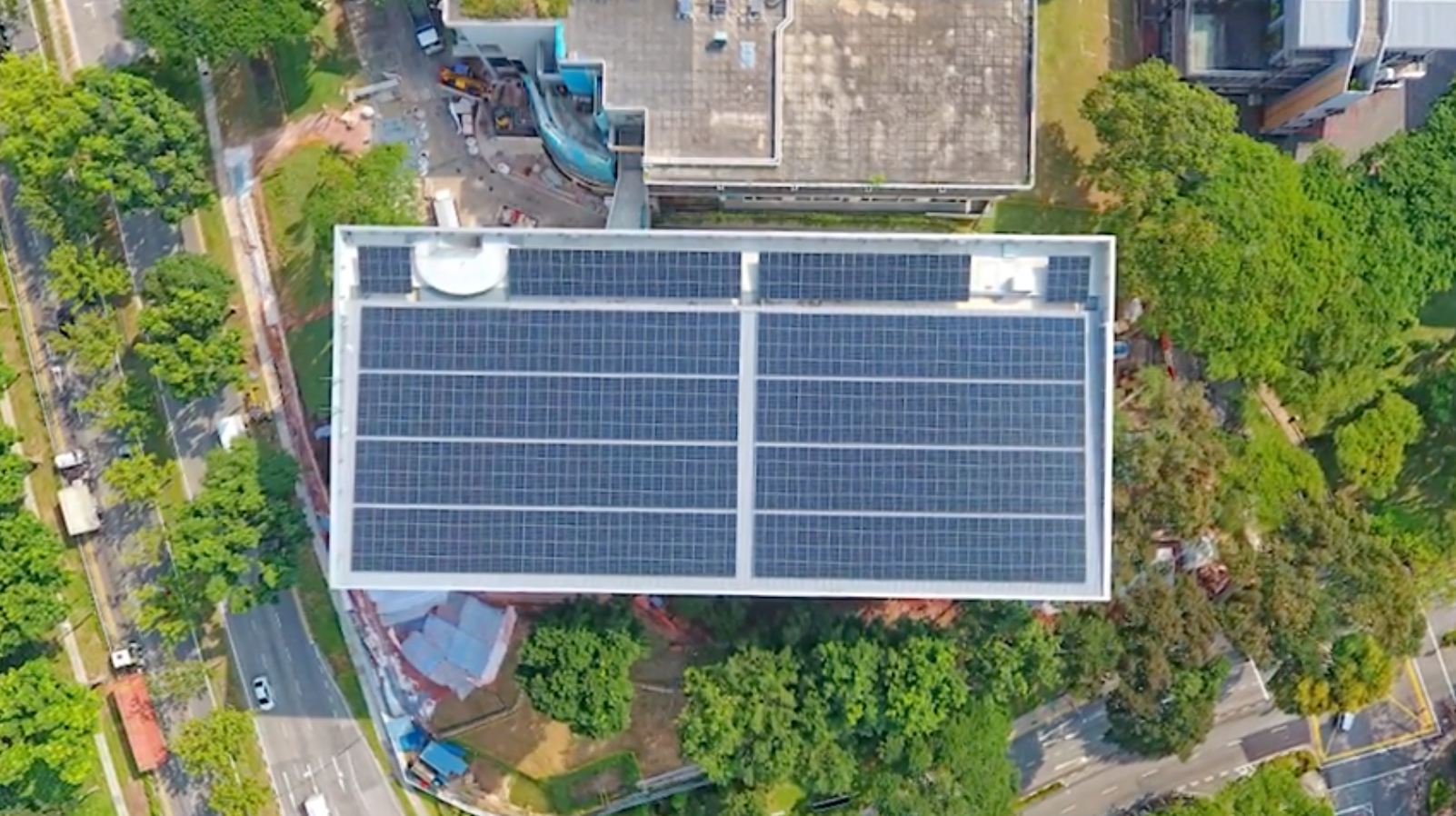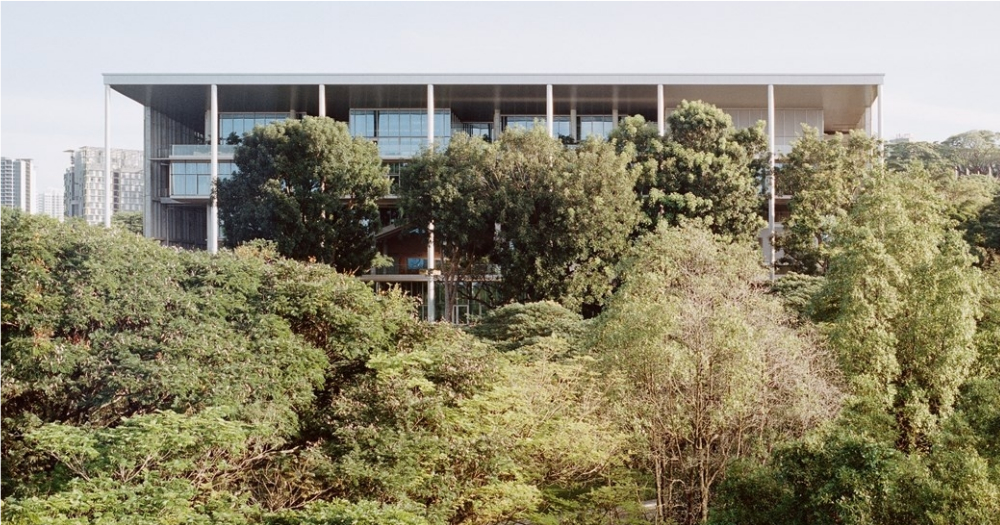National University Singapore (NUS) launched its “Towards A Zero-Waste NUS” 2030 Action Plan in late August.
The plan was put together by the NUS Waste Minimisation and Recycling Taskforce as the university aims to become a carbon-neutral campus in 10 years' time.
Along with efforts to reduce its carbon footprint, NUS also hopes to cool the campus by 4°C by 2030.
Senior Minister of State for Sustainability and the Environment, Amy Khor, who attended the event said that NUS's goal to achieve carbon neutrality is "highly commendable".
Khor added that this sustainability has always been a part of NUS' DNA and the launch of the "Towards a Zero Waste NUS" 2030 Action Plan is another milestone in its journey towards sustainability.
Cooling campus and to reduce energy demands
In his opening speech on Aug. 28, NUS Senior Vice President (Campus Infrastructure), Yong Kwet Yew, outlined what the university will do to achieve this.
Yong said that NUS plans to install more than 20,000 solar panels on over 60 buildings.
Its Net-Zero Energy Building at the School of Design and Environment (SDE) currently has 1,200 solar photovoltaic panels on its roof, one of the ways that has enabled the building to consume less energy than it produces.
 via NUS SDE Youtube video
via NUS SDE Youtube video
NUS will also plant 8000 trees a year to reduce the ambient temperature of the campus. By 2030, there will be 80,000 trees, contributing to 8 per cent of NParks' One Million Trees goal.
These trees are planted at green open spaces and car parks within the campus.
Tree planting has proven to deliver promising results.
Reduce waste
NUS will also step up its recycling efforts through behavioural changes.
The university promises to establish a "campus social norm" to sort their waste into various recycling streams to ensure the campus operations recycle close to 60 per cent of their waste (e.g. food waste, packaging waste, electronic waste and horticultural waste).
It will also introduce a "pay-as-you-throw" scheme and phase out single-use disposables as part of tenancy requirements for F&B outlets within campus.
Test-bedding solutions and involve students in problem solving
Yong said that the university is in a unique position to experiment ways to mitigate carbon emissions and to trial sustainable solutions.
NUS students from various disciplines can also contribute to solving the problems on sustainability and work together in these interdisciplinary projects.
The two-hour webinar also featured students from Industrial Design and Statistic and Probability showcasing how their disciplines help tackle recycling issues.
Tommy Cheong who recently graduated from Industrial Design shared how redesigning recycling bins can improve recycling habits.
A Year 2 student, Hemashree A, shared how statistics can be used to look at contamination problem in recycling bins.
Totally unrelated but follow and listen to our podcast here
Top image by NUS
If you like what you read, follow us on Facebook, Instagram, Twitter and Telegram to get the latest updates.
